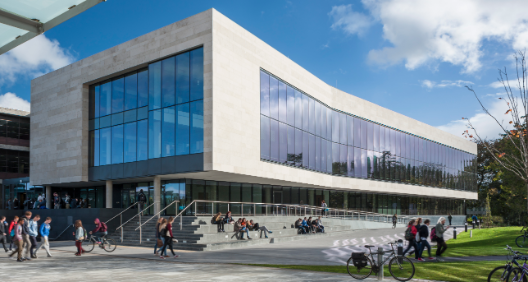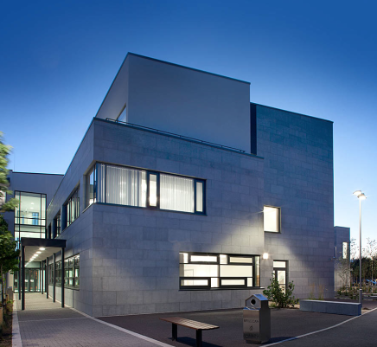-
Courses

Courses
Choosing a course is one of the most important decisions you'll ever make! View our courses and see what our students and lecturers have to say about the courses you are interested in at the links below.
-
University Life

University Life
Each year more than 4,000 choose University of Galway as their University of choice. Find out what life at University of Galway is all about here.
-
About University of Galway

About University of Galway
Since 1845, University of Galway has been sharing the highest quality teaching and research with Ireland and the world. Find out what makes our University so special – from our distinguished history to the latest news and campus developments.
-
Colleges & Schools

Colleges & Schools
University of Galway has earned international recognition as a research-led university with a commitment to top quality teaching across a range of key areas of expertise.
-
Research & Innovation

Research & Innovation
University of Galway’s vibrant research community take on some of the most pressing challenges of our times.
-
Business & Industry

Guiding Breakthrough Research at University of Galway
We explore and facilitate commercial opportunities for the research community at University of Galway, as well as facilitating industry partnership.
-
Alumni & Friends

Alumni & Friends
There are 128,000 University of Galway alumni worldwide. Stay connected to your alumni community! Join our social networks and update your details online.
-
Community Engagement

Community Engagement
At University of Galway, we believe that the best learning takes place when you apply what you learn in a real world context. That's why many of our courses include work placements or community projects.
Hardiman Research Building
Hardiman Research Building
New Hardiman Research Building and NUI Galway School of Psychology
Minister for Education Ruairí Quinn TD has opened two new buildings at NUI Galway; the Hardiman Research Building for research in the humanities and social sciences, and a new home for the University’s School of Psychology.

The new buildings will offer world-class teaching, learning and research facilities for staff, students and the public.
The Hardiman Research Building, recently named the 2014 Irish Building & Design Architectural Project of the Year, is situated at the heart of NUI Galway’s campus, adjacent to the James Hardiman Library.
The Hardiman Research Building brings together the Moore Institute for Research in the Humanities and Social Studies and the Whitaker Institute for Innovation and Societal Change. The Moore Institute is a leading voice in digital humanities, medieval and early modern history and literature and travel and cultural encounter. The Whitaker Institute, honouring the enduring contribution of public servant T.K. Whitaker, is the largest national business and social science institute on the island. Together these institutes have secured nearly €30m in competitive funding awards.
The €15 million Hardiman Research Building project was partially funded under the Programme for Research in Third-Level Institutions (PRTLI) and co-funded under the European Regional Development Fund. €10 million of funding was provided by the Department of Jobs, Enterprise and Innovation through PTRLI Cycle 5 and the balance from private sources through Galway University Foundation.
The new NUI Galway Psychology building
The new NUI Galway Psychology building has been opened by Minister Quinn brings both students and staff under one roof for the first time in the School of Psychology’s 40-year history. A new electro-physiological laboratory will further enhance the School’s standing as a centre of excellence for Health Psychology; it counts two of Ireland’s total of six Health Research Board Leaders amongst its 20 staff. Built at a cost of €8m, the Psychology building will cater for more than 200 students.
Funding for this project was made through HEA and Department of Education and Skills, with additional support from private sources. The €15 million Hardiman Research Building project was partially funded under the Programme for Research in Third-Level Institutions (PRTLI) and co-funded under the European Regional Development Fund. €10 million of funding was provided by the Department of Jobs, Enterprise and Innovation through PTRLI Cycle 5 and the balance from private sources.
















